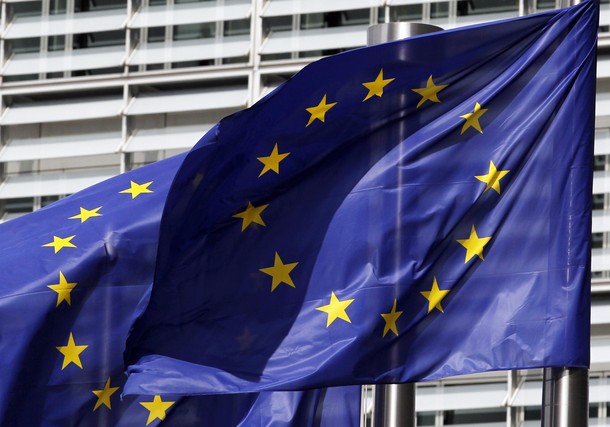
From Charles Kupchan, the Washington Post: The European Union is dying — not a dramatic or sudden death, but one so slow and steady that we may look across the Atlantic one day soon and realize that the project of European integration that we’ve taken for granted over the past half-century is no more. …
From London to Berlin to Warsaw, Europe is experiencing a renationalization of political life, with countries clawing back the sovereignty they once willingly sacrificed in pursuit of a collective ideal.
For many Europeans, that greater good no longer seems to matter. They wonder what the union is delivering for them, and they ask whether it is worth the trouble. If these trends continue, they could compromise one of the most significant and unlikely accomplishments of the 20th century: an integrated Europe, at peace with itself, seeking to project power as a cohesive whole. The result would be individual nations consigned to geopolitical irrelevance — and a United States bereft of a partner willing or able to shoulder global burdens. …
The renationalization of European politics is a product, first and foremost, of generational change. For Europeans who came of age during World War II or the Cold War, the E.U. is an escape route from a bloody past. Not so for younger Europeans: A recent poll revealed that French citizens over 55 are almost twice as likely to see the E.U. as a guarantee of peace as those under 36. No wonder new European leaders view the E.U.’s value through cold cost-benefit calculations, not as an article of faith. …
Europe is hardly headed back to war; its nations have lost their taste for armed rivalries. Instead, less dramatically but no less definitively, European politics will become less European and more national, until the E.U. becomes a union in name only. This may seem no great loss to some, but in a world that sorely needs the E.U.’s aggregate will, wealth and muscle, a fragmented and introverted Europe would constitute a historical setback.
Charles Kupchan is a professor of international affairs at Georgetown University and a senior fellow at the Council on Foreign Relations. He is the author of "How Enemies Become Friends: The Sources of Stable Peace." (photo: Reuters)
Image: reuters%208%2030%2010%20EU%20flags.jpg
